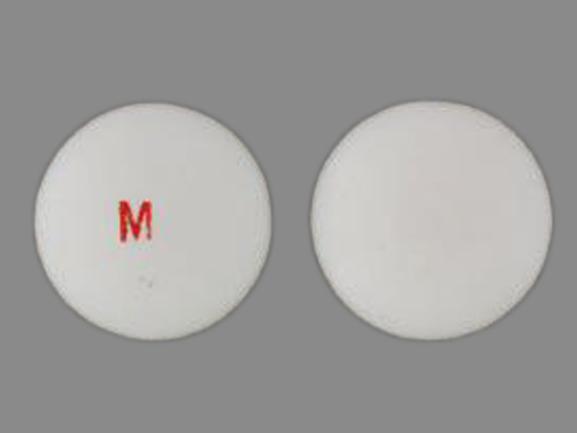Thiola Disease Interactions
There are 2 disease interactions with Thiola (tiopronin).
Tiopronin (applies to Thiola) liver disease
Moderate Potential Hazard, Moderate plausibility.
The use of tiopronin has been associated with jaundice and abnormal liver function tests. Therapy with tiopronin should be administered cautiously in patients with a history of liver disease. Monitoring liver function tests is recommended.
Tiopronin (applies to Thiola) renal dysfunction
Moderate Potential Hazard, Moderate plausibility.
Proteinuria, including nephrotic syndrome, and membranous nephropathy, have been reported with tiopronin use. Pediatric patients receiving greater than 50 mg/kg of tiopronin per day may be at increased risk for proteinuria. It is recommended to use caution when using this agent in patients with renal disease. Monitor patients for the development of proteinuria and discontinue therapy in patients who develop proteinuria.
Switch to professional interaction data
More about Thiola (tiopronin)
- Thiola consumer information
- Compare alternatives
- Pricing & coupons
- Drug images
- Side effects
- Dosage information
- During pregnancy
- Generic availability
- Drug class: miscellaneous genitourinary tract agents
- En español
Related treatment guides
Drug Interaction Classification
| Highly clinically significant. Avoid combinations; the risk of the interaction outweighs the benefit. | |
| Moderately clinically significant. Usually avoid combinations; use it only under special circumstances. | |
| Minimally clinically significant. Minimize risk; assess risk and consider an alternative drug, take steps to circumvent the interaction risk and/or institute a monitoring plan. | |
| No interaction information available. |
See also:
Further information
Always consult your healthcare provider to ensure the information displayed on this page applies to your personal circumstances.


